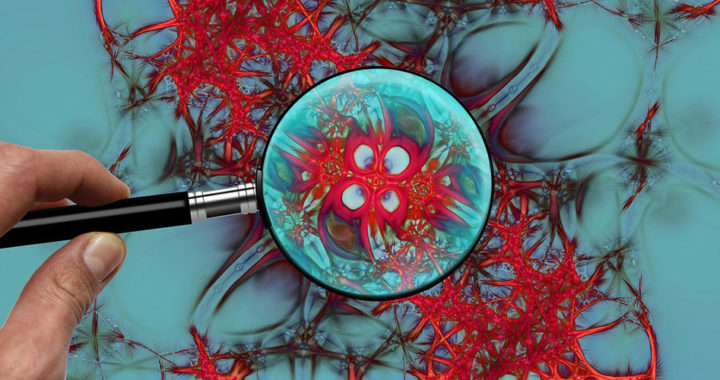The Difference Between Neurology, Neuroscience, and Neurobiology
Neurology is a branch of medicine or a specialization within the medical profession that deals with the diagnosis and treatment of conditions and diseases involving the central and peripheral nervous systems.
On the other hand, neuroscience is a multidisciplinary branch of biology and the scientific study of the nervous system. It combines difference disciplines both in biology and the natural sciences to understand the properties of neurons and neural circuits.
Neurobiology is sometimes interchanged with neuroscience. However, others exclusive use the term to refer to a sub-discipline of biology and neuroscience dealing with the specific and exclusive study of the biologic of the nervous systems.
Understanding the difference between neurology, neuroscience, and neurobiology also requires understanding between neurologists, neuroscientists, and neurobiologists.
The Difference Between Neurologist, Neuroscientist, and Neurobiologist
A neurologist is a licensed medical professional or physician specializing in neurology. Hence, he or she works primarily in a healthcare setting. He or she also has qualifications and credentials to investigate, diagnose, and/or treat neurological disorders.
On the other hand, a neuroscientist is a scientist whose educational background, research activities, and professional experience are centered on the study of the nervous system, thus giving him or her a specialized knowledge in the field of neuroscience.
A neurobiologist is also a neuroscientist. However, in some universities and institutions that adhere to a strict differentiation between neuroscience and neurobiology, a neurobiologist has specialized knowledge regarding the biology of the nervous system.
Nonetheless, there are similarities between neurology, neuroscience, and neurobiology. All three fall under the overall branch of natural science and have fundamental knowledge about biology and specific knowledge about the nervous system.
Although neurologists primarily work in a healthcare setting, they can also work in a clinical research setting such as in universities or private and public research institutions alongside neuroscientists to understand further the nature of the nervous system, explore the mechanisms behind neurological disorders, and develop treatments, among others.





